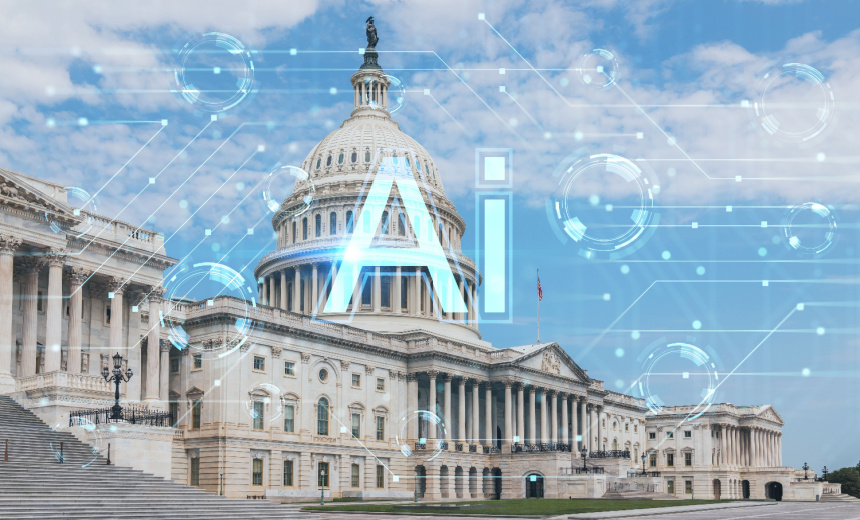Artificial Intelligence & Machine Learning,
Next-Generation Technologies & Secure Development
AI Experts Urge U.S. to Take Action Against Rapid Chinese Advancements in Technology

During a recent testimony before the House Committee on Science, Space, and Technology, experts on artificial intelligence and emergent technologies cautioned that the United States may be losing its competitive edge in the AI landscape to China. They emphasized the need for a departure from traditional containment strategies in light of the rapid advancements being made by Chinese technology firms.
The testimony came in the wake of DeepSeek’s launch earlier this year, which has been described as a significant challenge to established U.S. platforms such as OpenAI’s ChatGPT. Panelists highlighted that China’s ongoing, multi-billion-dollar investment in AI has accelerated its momentum, with Alibaba’s Qwen model and Tencent’s T1 outperforming their predecessors in benchmark tests. The emergence of Manus AI, showcasing an advanced general AI agent, further underscores the competitive threat posed to U.S. dominance.
Adam Thierer, a resident senior fellow at the R Street Institute, expressed his astonishment at the pace at which China has advanced, having once testified that “AI innovators were firmly in the driver’s seat.” He noted that this rapid evolution has seen China flooding the market with a variety of agile and efficient AI systems, reminiscent of its strategy to achieve global dominance through aggressive, cost-effective competition.
However, the implications of China’s advancements extend beyond mere business rivalry. Reports indicate that several Asian governments have moved to ban DeepSeek due to concerns over privacy and the platform’s potential for malicious use, including the creation of evasive ransomware and stealthy keyloggers. This highlights the urgent need for a concerted approach to cybersecurity in response to these threats.
Julia Stoyanovich, director of the Center for Responsible AI at New York University, warned that the rapid deployment and quality of DeepSeek’s technology challenge the long-standing belief that the U.S. will maintain its AI leadership. She stressed the necessity for strategic investment and a definitive policy direction to reinforce U.S. standing in the field.
Despite the executive order issued by President Donald Trump in his first month in office aimed at establishing a framework for global AI leadership, experts contend that U.S. policymakers remain outpaced by the swift developments occurring in international tech landscapes. Tim First, director of emerging tech policy at the Institute for Progress, pointed out that the implications of DeepSeek’s rapid development caught Washington off guard, indicating a significant gap in proactive strategies.
Gregory Allen, director of the Wadhwani AI Center at the Center for Strategic and International Studies, remarked on the disproportionate coverage of DeepSeek, yet acknowledged its presence as a critical alert signal for U.S. authorities. He cautioned that an even more significant threat than DeepSeek lies in China’s potential to produce AI chips domestically, which could allow them to directly compete with U.S. data centers in terms of capability and scale.